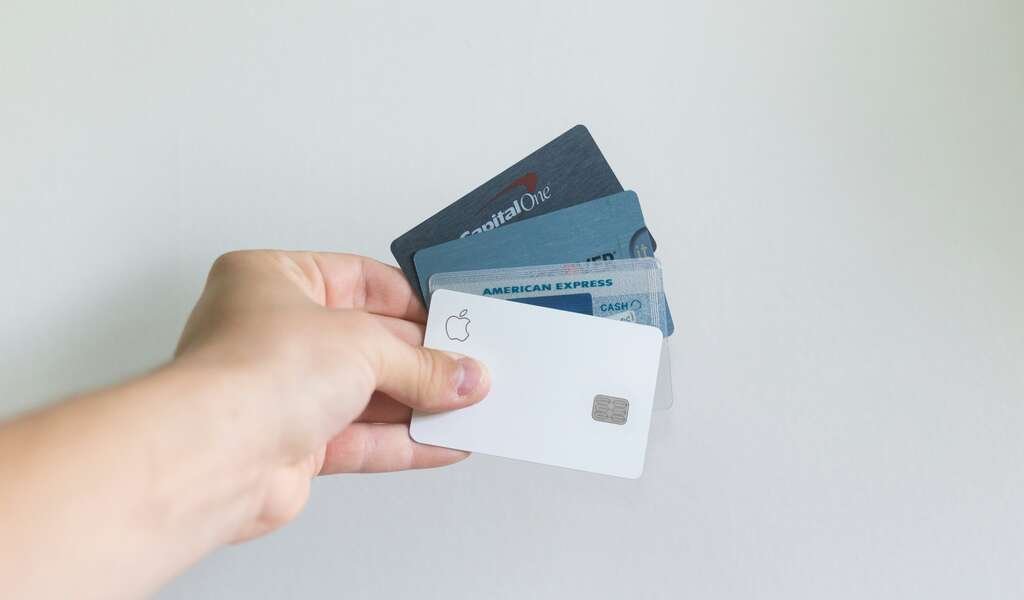Table of Contents
Introduction
When we have a better credit score, it opens doors to favourable financial opportunities, such as lower interest rates, higher credit limits, and increased access to loans and credit cards. Whether you’re building credit from scratch or looking to improve your existing score, understanding the key steps to a better credit score is essential. In this guide, we’ll break down actionable strategies and tips to help you achieve and maintain a healthier credit profile.
Understanding Your Credit Score
Your credit score is a numerical representation of your creditworthiness, ranging typically from 300 to 850. Higher scores indicate lower credit risk and better creditworthiness, while lower scores may suggest higher risk to lenders. Your credit score is influenced by various criteria such as credit utilisation, length of credit history, payment history, credit kinds used, and recent credit inquiries.

Key Steps to Have A Better Credit Score
1. Pay Bills on Time:
Payment history is the most significant factor influencing your credit score, accounting for about 35% of your score. Make sure to pay all your bills, including credit card payments, loans, and utilities, on time by following a strict budget.
For example, if your credit card payment is due on the 15th of every month, ensure you make the payment on or before the due date to avoid late payment penalties and negative impacts on your credit score.
2. Reduce Credit Card Balances:
Credit utilisation, or the ratio of your credit card balances to credit limits, also plays a significant role in your credit score. Aim to keep your credit utilisation below 30% to demonstrate responsible credit management.
Let’s take an example. If you have a credit card with a $5,000 limit, try to keep your balance below $1,500 (30% of the limit) to positively impact your credit score.
3. Avoid Opening Too Many New Accounts:
Opening multiple new credit accounts within a short period can lower your average account age and result in multiple hard inquiries on your credit report, potentially lowering your score temporarily.
Instead of applying for several credit cards or loans simultaneously, space out your credit applications and only apply for new credit when necessary.
4. Monitor Your Credit Report Regularly:
Check your credit report from each of the major credit bureaus (Equifax, Experian, TransUnion) at least once a year to spot errors, inaccuracies, or unauthorised accounts that could negatively impact your score.
Review your credit report for any incorrect personal information, fraudulent accounts, or late payments that you can dispute and rectify to improve your credit score.
5. Diversify Your Credit Mix:
We can have a better credit score by having a mix of different types of credit accounts, such as credit cards, instalment loans, and mortgages, which can demonstrate your ability to manage various credit responsibilities effectively.
If you only have credit cards, consider diversifying your credit mix by taking out an instalment loan for a car or personal expenses and making timely payments to showcase responsible credit behaviour.
6. Keep Old Accounts Open:
In order to have a better credit score, the length of your credit history accounts for about 15% of your credit score. Keeping older accounts open and in good standing can positively impact your credit score by showcasing a longer credit history.
If you have an old credit card with no annual fees or negative history, consider keeping it open even if you don’t use it frequently to maintain a longer average account age.
7. Use Credit Wisely and Responsibly:
Responsible credit usage involves using credit cards and loans judiciously, avoiding maxing out credit limits, and making timely payments to demonstrate creditworthiness.
Use your credit card for everyday expenses within your budget and pay off the balance in full each month to avoid accruing interest and showcase responsible credit management.
Conclusion
Improving and maintaining a better credit score requires consistent effort, responsible financial habits, and regular monitoring of your credit report. By following these actionable steps, such as paying bills on time, reducing credit card balances, monitoring your credit report, and using credit wisely, you can achieve a healthier credit profile and unlock better financial opportunities in the future.
Remember, to have a better credit score is a gradual process, but with dedication and good financial practices, you can achieve your credit score goals and enjoy the benefits of improved creditworthiness.
